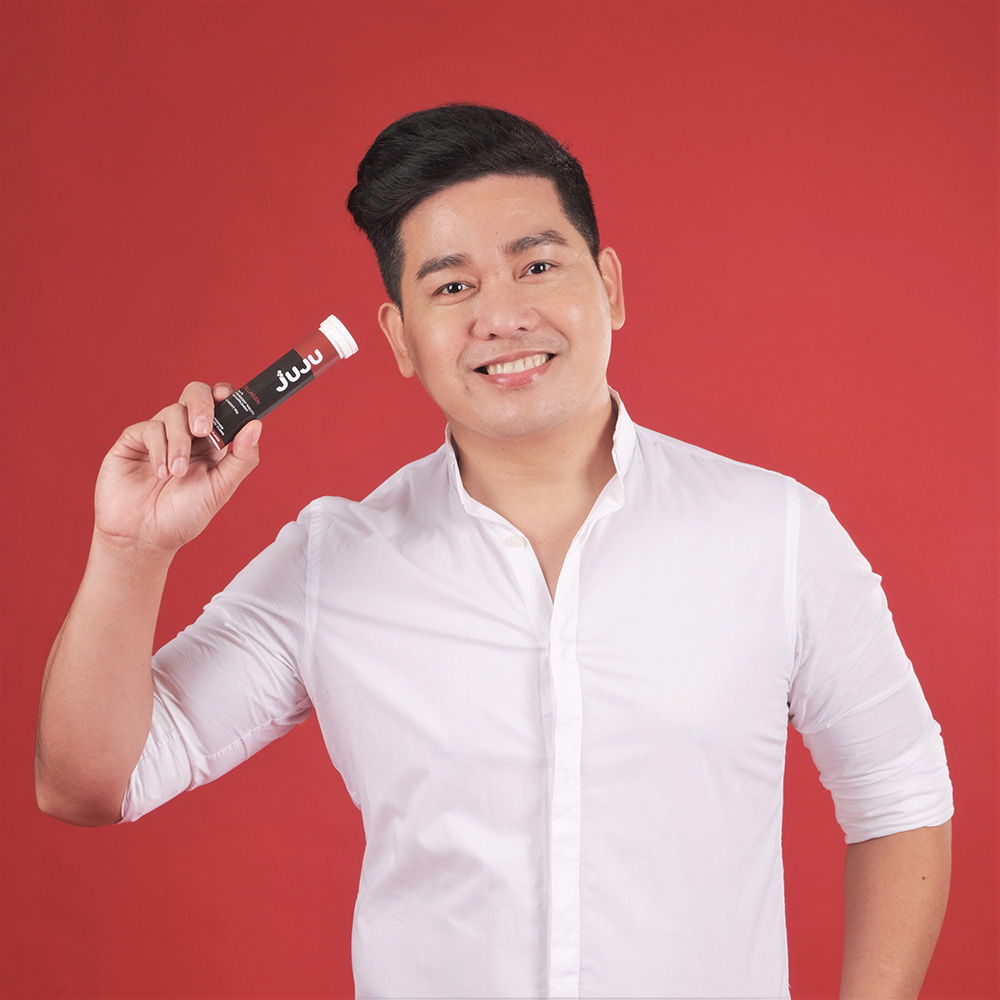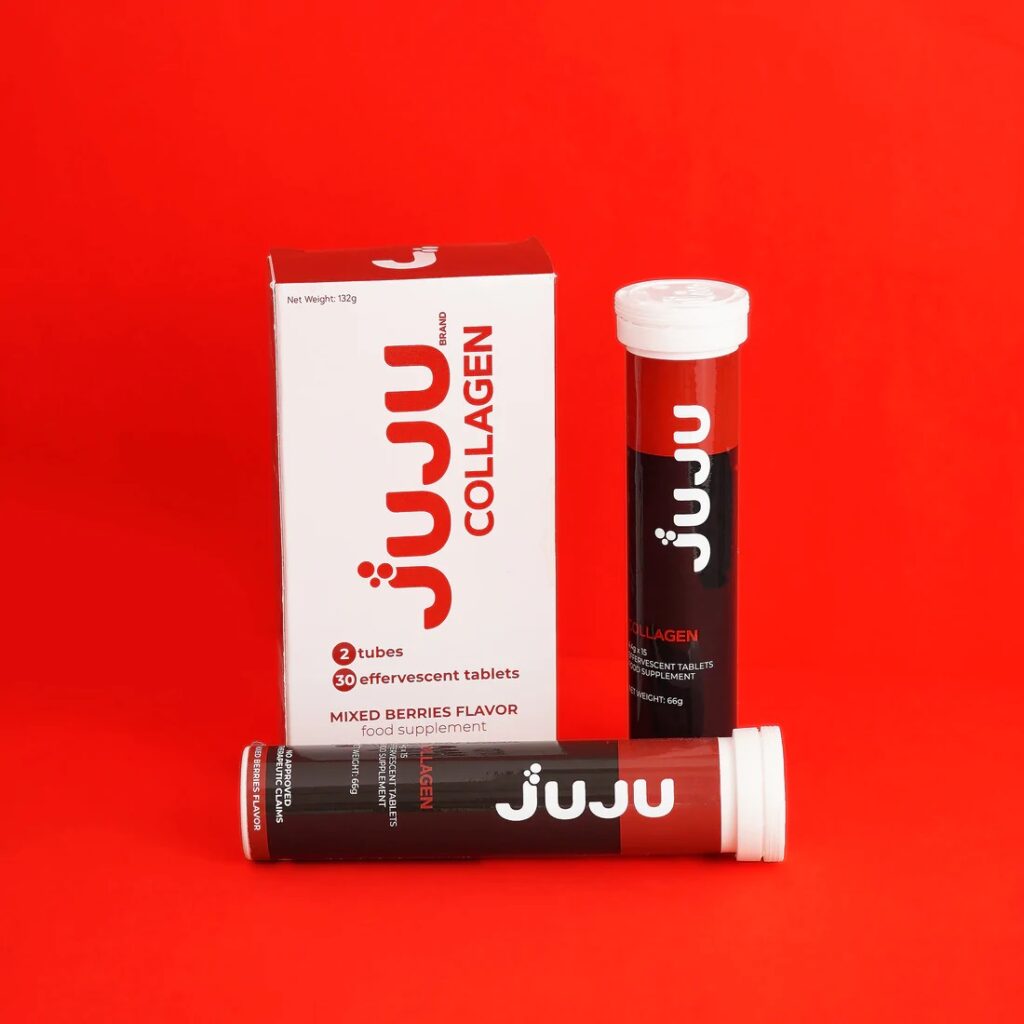Acne is a common skin problem that affects people of all ages in different ways. Even though acne’s physical symptoms can be troubling, the effects of acne can be just as bad. Marks and scars from acne are two things that can last long after the acne has gone away. People often use these two words for the same thing, but they actually mean two different kinds of skin marks. In this blog, we’ll try to understand acne marks vs acne scars and the ways how to treat them.
Acne is a skin disease that affects many people all over the world. Acne is a common skin problem that happens when oil and dead skin cells get stuck in hair follicles. This causes pimples, blackheads, and whiteheads to form on the face, neck, chest, and back. This oil is called Sebum, and it helps keep the skin from drying out. Dead skin cells clog the pores, which causes pimples or zits to appear. The spots usually show up on the face, but they can also show up on the back, chest, and shoulders.
Acne can be caused by many things, like changes in hormones, genetics, stress, and even some medicines. It can be moderate or severe, and in certain cases it can cause scarring and long-term damage to the skin.
Acne is most often associated with adolescence, also called teenage acne, but it can happen to people of all ages, and it’s not unusual for adults to have breakouts. Acne is a medical condition, not a sign of poor hygiene or cleanliness. But with the right treatment and care, acne can be managed and controlled, and clear, healthy-looking skin can be achieved. If you are having trouble with acne, don’t be afraid to talk to a professional. With the right help and direction, you can take charge of your skin and feel good about how you look.
Acne is caused when follicles or pores get clogged. Your hair grows out of tiny tubes called hair follicles. There are many glands in your body that drain into your hair follicles. When there is too much stuff in your hair follicle, it gets clogged. Your pores can get blocked by:
Androgens are hormones that rise during puberty in both boys and girls. They make the sebaceous glands grow and make more sebum. Changes in hormones during midlife, especially in women, can also cause breakouts.
Some medicines, like those with hormones, corticosteroids, testosterone, or lithium in them, can cause acne.
Studies show that eating certain foods, especially carb-rich foods like bread, bagels, and chips, can make acne worse. More research needs to be done to find out if individuals with acne would benefit from avoiding certain foods.
On your skin, bacteria are always present in small amounts. If you have a lot of bacteria, it can block your pores.
Stress does not really cause acne, but if you already have it, it may get worse if you’re stressed.
Your skin cells die off often so that new ones can grow. Dead skin cells can get trapped in your hair follicles when your skin sheds them.
Acne can show up in many different ways, from small spots to large cysts.
Here are some common forms of skin problems caused by acne, along with their common names:
All of these kinds of acne can make you feel bad about yourself, and cystic and nodular acne can leave scars on your skin that won’t go away. It’s best to see a doctor as soon as possible so they can figure out the best treatment(s) for you.
Acne leaves behind flat, discoloured spots called acne marks or post-inflammatory hyperpigmentation (PIH). When the skin is inflamed, it makes too much melanin, which gives the spots their red, brown, or purple colour. Acne marks don’t last forever. Most of the time, they fade away on their own, but it can take months or even decades for them to go away completely.
Acne scars, on the other hand, are a form of permanent damage to the skin that happens when the body makes too little or too much collagen while the skin is healing. This can leave a scar that is either flat or raised. A flat scar is called an atrophic scar, while a raised scar is called a hypertrophic or keloid scar. Atrophic scars are more common. Obviously it depends on their shape and depth, they can look like an ice pick, a boxcar, or a rolling scar.
Acne scars, as was previously said, don’t require intensive therapy. A series of chemical peels can be all that is needed to correct any discoloration. Over the course of a few months of proper skin care, the scars should lighten or disappear entirely. On the other hand, laser scar revision is the most effective way to treat acne marks. This is crucial if you want to get rid of acne scars on your face.
Relax! Laser treatments aren’t as terrifying as they seem. Moreover, the laser beams employed are among the most secure and efficient in use today. Depending on the severity and location of the acne scars, the healing duration can range from a few weeks to a few days.
To be honest, scars and marks from acne are hard to avoid. This might just happen on its own after you get pimples. But you can certainly stop it from hurting your skin even more. You can start to feel better right away if you eat well and take care of your skin.
Scars and marks can be less noticeable if you eat well. If your body is functioning, it will make new skin cells more quickly. Scars and marks are easy to get rid of and fasten its healing process. Taking nutrients and vitamins like Juju Vitamin C can also help. This effervescent drink has vitamin C, which boosts the immune system and makes it easier for the body to absorb collagen.
You also should stick to a skin care routine that works best for your skin type. Having a schedule will also help the scars and marks heal and fade.
Acne can leave marks and scars on the skin, which can have a big effect on how people feel about themselves and how they look.
Acne marks and scars can make people feel bad about themselves. They can hurt a person’s sense of self-worth and make them feel awkward and unattractive. Scars and marks from acne can make people feel like they are being judged, which can make them feel anxious and sad. Acne marks and scars can have a big effect on a person’s mind, especially if they get them when they are young, when self-image and self-worth are especially important.
Acne marks and scars can have physical effects in addition to the emotional ones. They can change the feel and color of the skin, making it look rough and uneven. This can be painful, especially if the acne marks and scars are in places where they rub or rub against other things. Also, acne marks and scars can make the skin more sensitive to sun damage, which can make skin cancer more likely.
Acne scars are preventable, and if they do develop, they’re treatable. If you’re unhappy with the appearance of your skin because of acne scars, talk to an expert who can outline the pros and cons of your treatment options.
Foods rich in omega 3 fatty acids, like salmon, anchovies, sardines and mackerel contain lots of antioxidant properties to help reduce inflammation on your skin. They’re high in retinols (also known as vitamin A) that help improve skin regeneration so that your acne scars heal faster.
Hypertrophic or raised acne scars. These scars are most common with chest and back acne. They stand above the surface of the surrounding skin and are caused by too much collagen during healing. Discoloration left behind after a zit has cleared isn’t a scar.
Acne scars are the result of inflammation of acne blemishes. The acne pore swells and a breakdown occurs in the wall of the pore. Some acne blemishes are small and the scars created are shallow and heal quickly. Sometimes the contents of blemishes spill into the surrounding tissue and cause deeper scars.
The duration of time for acne marks and acne scars to fade can vary depending on the severity of the marks or scars and the individual’s skin type. Generally, acne marks can take several months to fade, while acne scars may take longer and may require more intensive treatment.
If you have scars or marks from acne, it’s important to talk to a professional about how to treat and deal with them. A dermatologist can help you figure out how bad the problem is and look at your skin to figure out the best way to treat it. It’s important to know that acne marks are not the same as acne scars. Acne marks are temporary and can fade over time with the right treatment.
Acne scars, on the other hand, are permanent and need more intensive treatment. By going to a doctor, you can get a proper diagnosis and treatment plan to help reduce the look of acne marks or scars and improve the health and appearance of your skin. Don’t hesitate to reach out to a dermatologist to receive the care and support you need to address acne marks vs acne scars.



© 2023, Juju Health & Wellness Blog Powered by WordPress